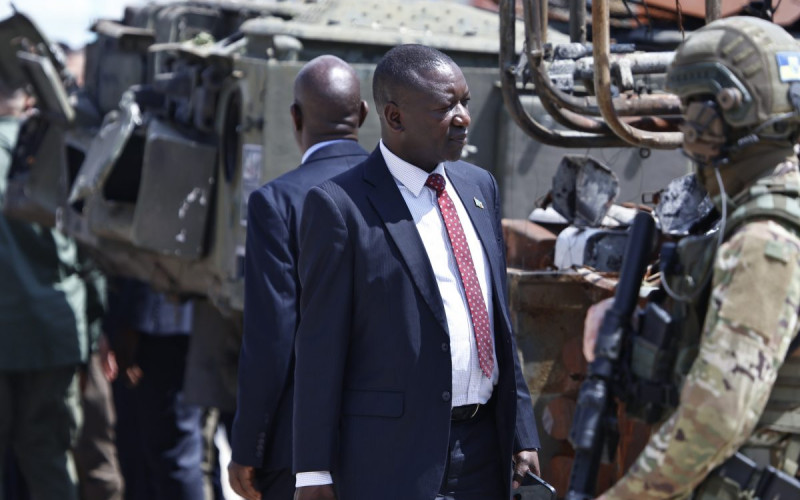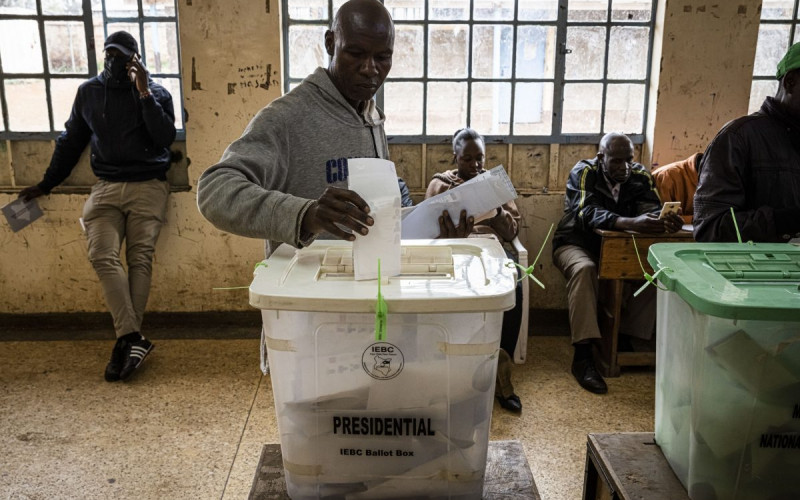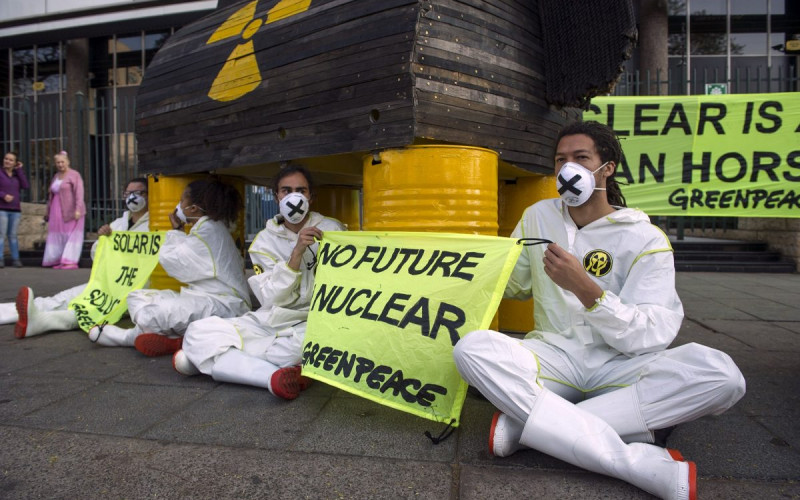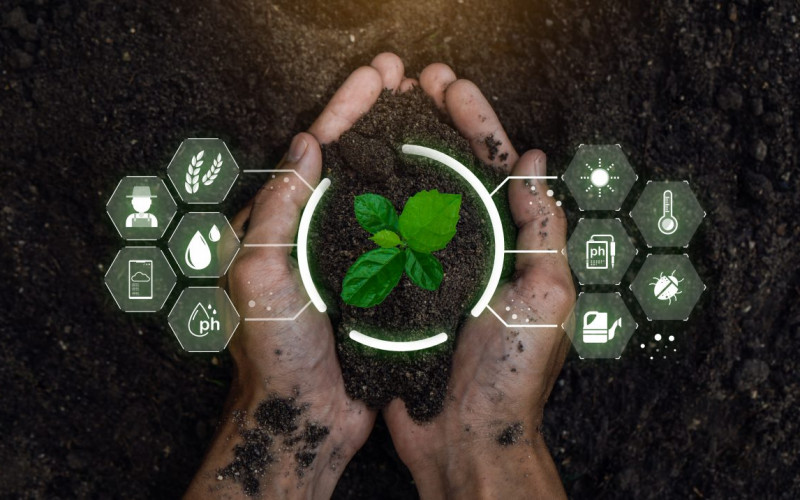This paper tracks the governance progress of 52 African countries through various indices. A total of 17 of these states have undergone a holistic governance review by the African Peer Review Mechanism (APRM). Another 17 have joined the APRM, but have not yet been reviewed. The remaining 18 are not members and thus are used as independent variables to determine whether the APRM makes a difference.
Since the APRM does not provide ratings or rankings in its reports, this paper uses data from the Mo Ibrahim Index of African Governance to track progress (or lack thereof) between 2003 (when the APRM was established) and 2015 (the most recent set of data available at the time of writing). Supporting data from Freedom House’s Freedom in the World Index, The Economist Intelligence Unit’s Democracy Index, the Heritage Foundation’s Economic Freedom Index and the World Bank’s Ease of Doing Business Index is used where necessary.
Arguably, by voluntarily acceding to and undergoing the review, APRM member states have demonstrated the necessary political will to reform. How have they fared since the year of inception of the APRM? The paper concludes that overall, APRM members have performed better than non-members. But whether a state has actually undergone the APRM review or merely joined the mechanism does not seem to make much of a difference. Progress has also often been mixed, and economic achievements have sometimes come at the expense of political freedoms.
This paper is partially based on an article by Yarik Turianskyi and Steven Gruzd, ‘Do African Union Governance Reviews Work?’ AllAfrica.com, 15 October 2014.
Watch the video above to listen to author Yarik Turianskyi summarise the key findings of this paper.







